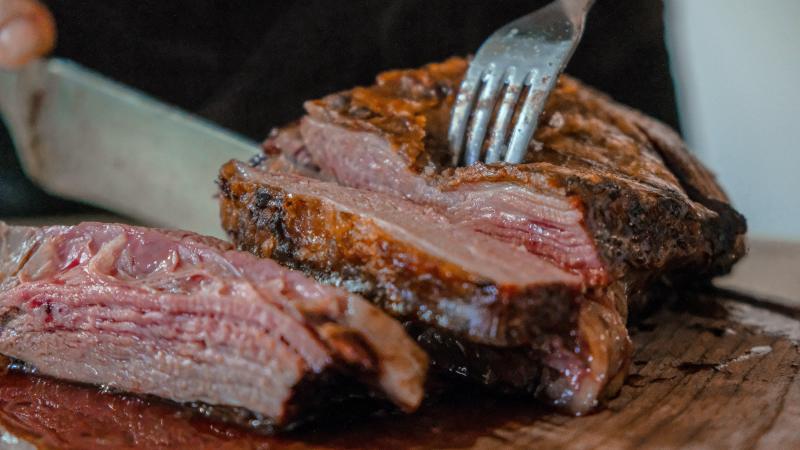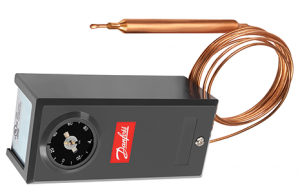Have you ever wondered how long can we store our foods in our refrigerator so that it is still safe to eat? Apparently the USDA (United States Department of Agriculture) think this is important and have published some useful recommendations on how to refrigerate our food safety.
Refrigeration Basics
Keeping foods chilled at proper temperatures is one of the best ways to prevent or slow the growth of bacteria that cause foodborne illnesses or bacteria that cause foods to deteriorate. Bacteria stops multiplying at -18 degrees Celsius so food that is properly handled and stored in the freezer at -18°C will remain safe. While freezing does not kill most bacteria, it does stop bacteria from growing. The good news is freezing does not reduce nutrients. There is little change in a food’s nutrient value during freezing. But it’s not going to taste very good the longer it is in the freezer. Tenderness, flavor, aroma, juiciness, and color can all be affected. In case you do not know this, the first rule to refrigerate foods is: vegetables and fruits are chilled to 4°C, meats are frozen to -18°C. Vegetables and fruits generally are not frozen because ice crystals damage plant matter. Hence they are chilled to 4°C where it is the lowest temperature with no ice formations.
Recommended Storage Times
The below are some recommendation storage times of various foods in the chiller compartment. Note that we are not freezing the foods. We are keeping foods refrigerated so that they last while tasting fresh.
Eggs
| Fresh, in shell | 3-5 weeks |
| Raw yolks, whites | 2-4 days |
| Hard-cooked | 1 week |
| Cooked egg dishes | 3-4 days |
Ground Meat, Ground Poultry, and Stew Meat
| Ground beef, turkey, veal, pork, lamb | 1-2 days |
| Stew meats | 1-2 days |
Fresh Meat (Beef, Veal, Lamb, Pork, Chicken)
| Steaks, chops, roasts | 3-5 days |
| Variety meats (Tongue, kidneys, liver, heart, chitterlings) | 1-2 days |
| Chicken or turkey, whole | 1-2 days |
| Chicken or turkey, parts | 1-2 days |
| Giblets | 1-2 days |





